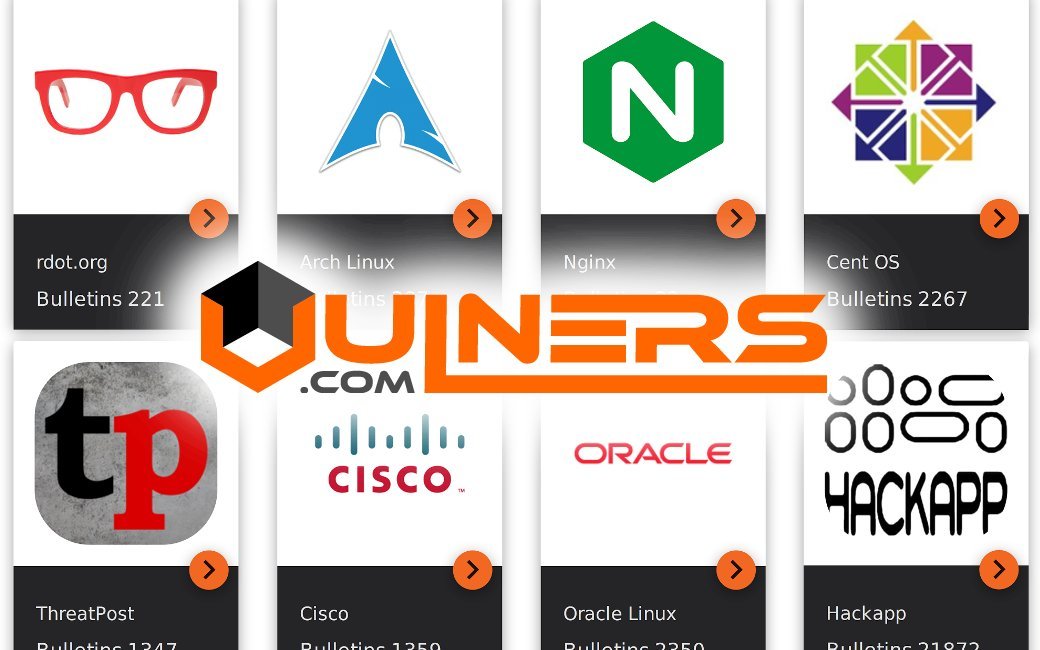The right way to automate a web application is, certainly, to understand how this application works, by using burp (see “Burp Suite Free Edition and NTLM authentication in ASP.net applications“) for example, retrieve all necessary requests and learn how to use them.
However, this is sometimes so difficult and confusing, especially when the site owners are actively fighting with automation attempts. In this case, you may want to automate somehow the work on the highest level, with the graphical elements of the site. You can view them as some pictures, as SikuliX does (“SikuliX: the last chance for automation“, or as some elements of code, as Selenium IDE does.
But it would much better to control the browser itself from the Python scripts. And this can be done with Selenium WebDriver.

Guys from Guru99 have wrote me a letter about their free course about Selenium.
This course looks pretty good. In the first part you can find a detailed description of Selenium components and the project history. After reading this, I finally decided that the Selenium WebDriver suited me best. Examples of WebDriver usage are written in Java, and I wanted to use Python. But since the calls are the same, lessons of this course are still more than useful.
And despite the fact that Selenium is usually used with Firefox, I tried to use it with Chromium-based Opera. This browser is very popular in Russia because of some unique features. 😉

